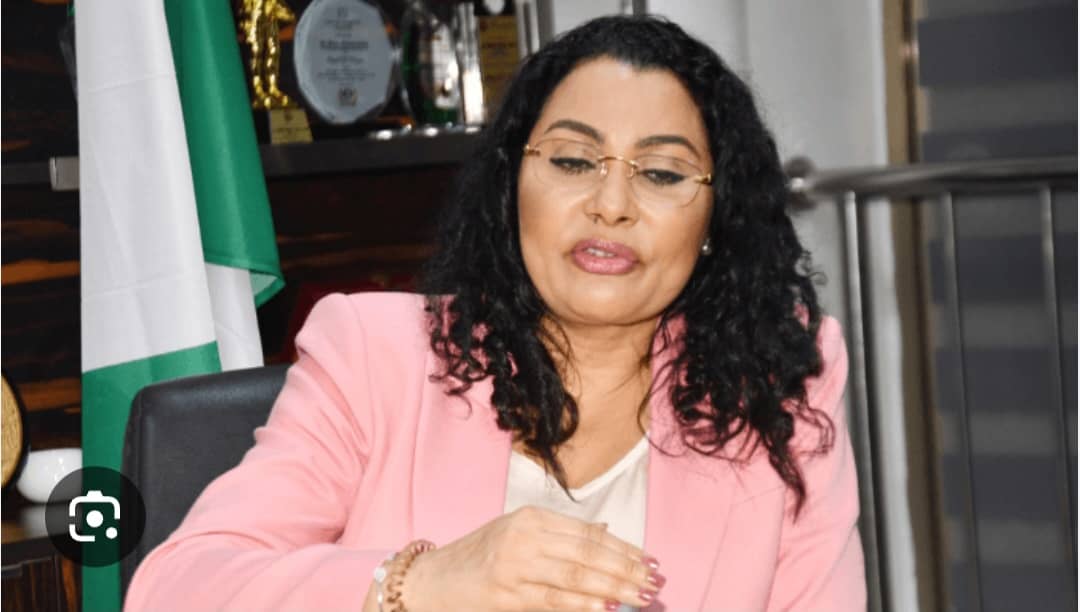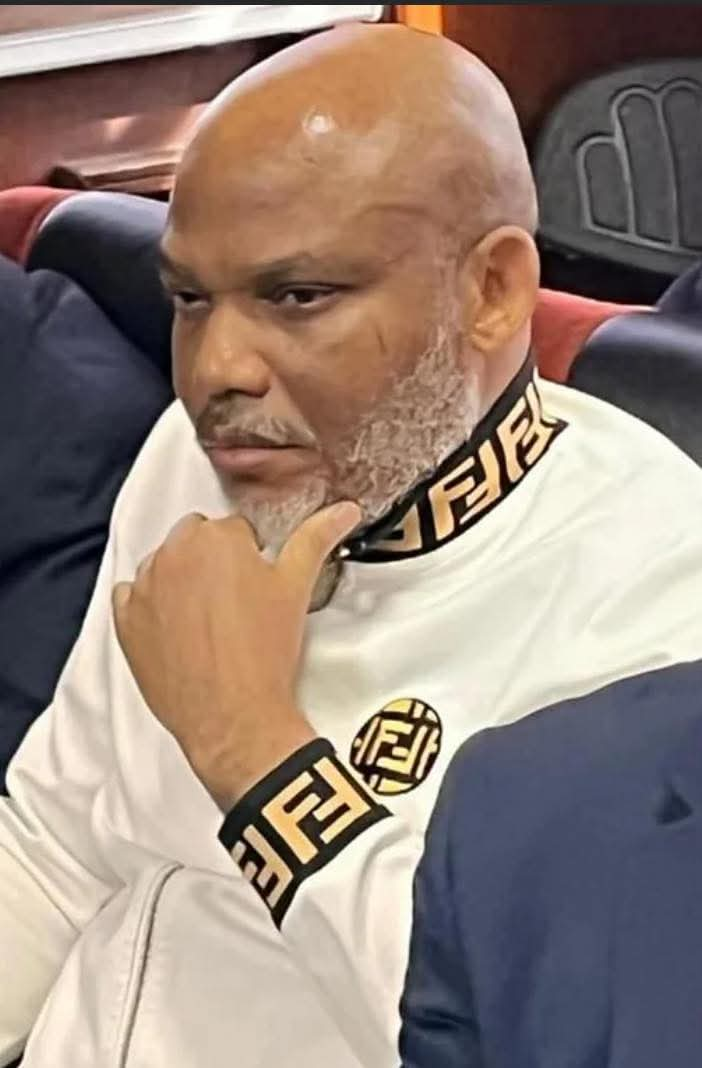Akinjide Ogunmoriyele
The dissolution, announced on August 11, 2025, by the Executive Governor of Ekiti State, Governor Oyebanji, is a welcome decision, though long overdue.
Why? Having 19 commissioners and 15 Special Advisers as cabinet members in a state with just 16 local governments has been a major political and financial burden on the state since the governor assumed office in 2022.
Also, I believe these cabinet members have contributed their quota in their ways to the growth and development of the state over the past 38 months or so. Therefore, there is always time to go.
However, the decision as much as it is a welcome development, has plunged the administration into a period of transition just as political calculations for the next gubernatorial election begin to intensify.
This has its own positive and negative impact on the political atmosphere in the state as the 2026 elections draw closer.
A few of the implications are listed below.
The Immediate Impact on Governance:
1- Administrative Vacuum:
The dissolution creates an immediate operational gap. While Permanent Secretaries will manage ministries, the absence of political heads slows decision-making, policy direction, and inter-ministerial coordination. Crucial projects requiring executive council approval face delays.
2- Policy Continuity Concerns: Key initiatives championed by outgoing commissioners risk losing momentum or being altered significantly under new leadership, potentially disrupting ongoing programs and service delivery.
3- Bureaucracy Steps Up: The onus now falls heavily on the state’s civil service to maintain administrative continuity. While designed for stability, this can lead to cautious, slower progress without political impetus.
The Looming Political Calculus:
The timing is impossible to ignore. While cabinet reshuffles or dissolutions are common in Nigerian politics, occurring roughly midway or towards the end of a term, this move comes as Governor Oyebanji (APC) is widely already endorsed to seek re-election in the next cycle. This injects significant political strategy into the decision:
Clearing the Decks / Reward & Punishment:
Performance Review: The Governor may be removing perceived underperformers or those embroiled in controversies affecting the administration’s image.
Loyalty Litmus Test: This allows Governor Oyebanji to assess unwavering loyalty ahead of a tough campaign. Commissioners whose loyalty is questionable or who harbor ambitions may have been shown the door.
Making Room for New Blood: As there seems to be complacency and fatigue in the activities of the dissolved cabinet members, this has created vacancies to reward new allies, placate powerful factions within the APC, or bring in technocrats specifically for the election push.
Refreshing the Brand:
New Faces, New Narrative:
Appointing new commissioners allows the Governor to project an image of renewal, responsiveness, and a fresh focus on key election issues like infrastructure, agriculture, and social services. It distances him from any perceived failures of the previous cabinet.
Campaign Foot Soldiers: New appointments can strategically place proven political operatives and mobilizers into key roles, effectively turning ministries into campaign units as the election nears.
Risks and Potential Fallout:
Alienating Power Brokers: Sacking commissioners connected to influential party leaders or key constituencies risks creating internal enemies and factional strife within the ruling APC.
Defections and Sabotage: Disgruntled former appointees, feeling betrayed, could defect to opposition parties (like the PDP, SDP, LP, ADC and others) or work subtly to undermine the Governor’s re-election bid
.
Perception of Instability: Frequent changes or a prolonged period without a cabinet can project an image of administrative chaos or indecisiveness, which the opposition may exploit.
Implementation Lag:
New appointees take time to settle in, potentially hindering governance effectiveness precisely when the Governor needs tangible results to showcase as quickly as possible.
Impact on Oyebanji’s Re-election Bid:
The dissolution of the cabinet in a few months to elections is a high-stakes gamble with potential for both significant gain and serious damage:
Potential Upside:
If the Governor can successfully assemble a competent, politically savvy, and unified new cabinet that quickly delivers visible results and energizes the party base, it could significantly boost his re-election prospects. A “fresh start” narrative can resonate with voters.
Potential Downside:
If the selection process is perceived as nepotistic, rewards incompetence, or exacerbates party divisions, it could erode public trust and party unity. Governance delays and internal wrangling could overshadow any positive messaging. The creation of powerful internal adversaries could fracture the APC’s support base.
The Road Ahead:
All eyes are now on Governor Oyebanji’s next moves: The question being asked now is as follows
1-Speed of Reconstitution: How quickly can the governor name a new cabinet? Get them screened promptly by the State House of Assembly for the inauguration? Prolonged uncertainty damages governance and fuels speculation.
2-Quality of Appointments: Will the governor prioritize technocratic competence, political expediency, or a balance of both? The choices will signal his priorities – governance or pure politics.
3-Geopolitical Balancing: Will the new cabinet reflect equitable representation across Ekiti’s diverse local government areas and political blocs?
4- Handling of Departures: How will the governor manage the exit of the old guards smoothly to minimize bitterness and defections?
Conclusion:
The dissolution of Ekiti State’s Executive Council is far more than a routine administrative reset. It is a deeply political maneuver executed at a critical juncture in Governor Oyebanji’ s tenure. While it offers him a chance to revitalize his administration and position himself strongly for re-election by rewarding loyalty and injecting fresh energy, it carries substantial risks of internal party conflict, governance disruption, and creating potent opposition from within former ranks.
The success of this political gambit hinges entirely on the Governor’s skills in navigating the complex political terrain of Ekiti State in the coming weeks as he rebuilds his team. The choices he makes now will reverberate through both the corridors of power in Ado-Ekiti and on the campaign trail in the weeks and months ahead.
…Ogunmoriyele writes from Abuja, Nigeria. He can be reached via Edwardlouislimited60@gmail.com 08063551513














Leave a Reply